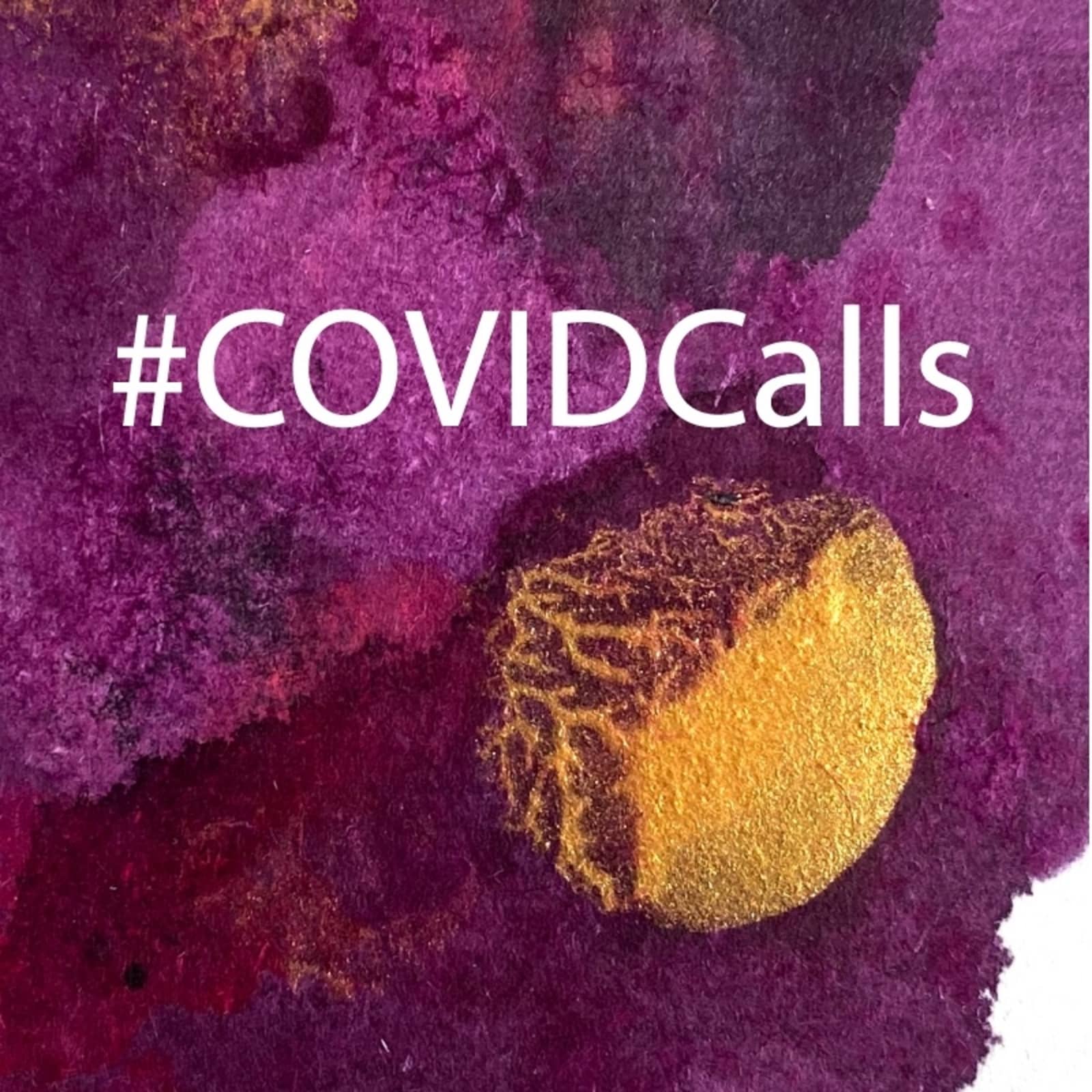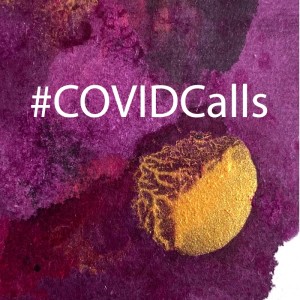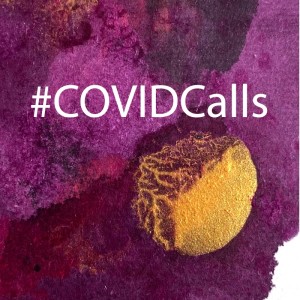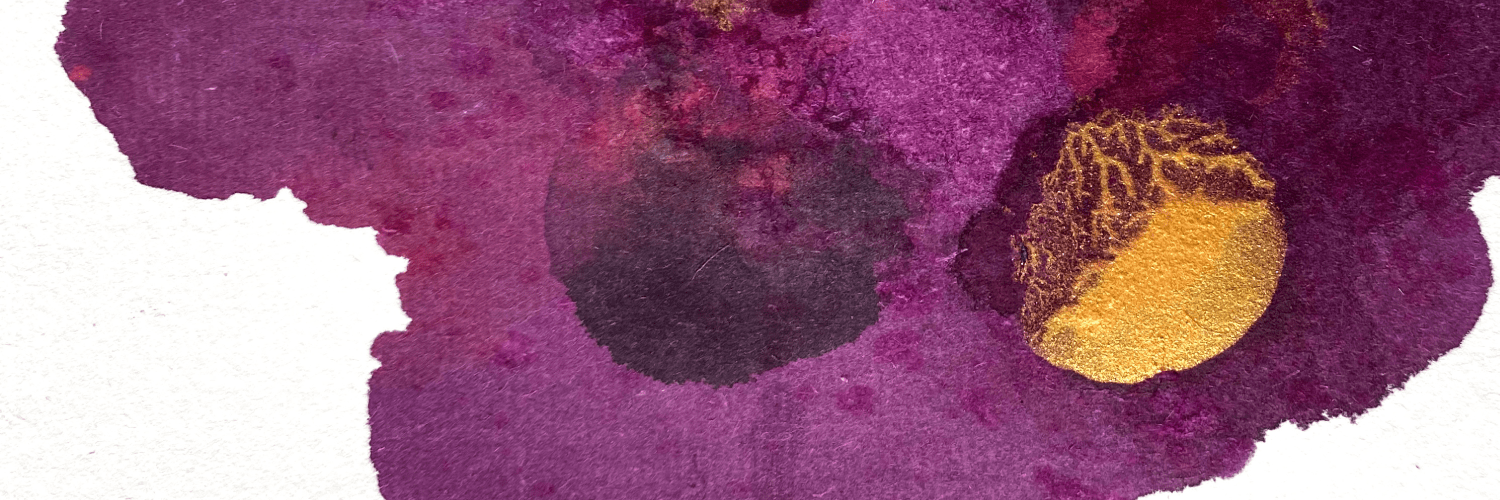
56K
Downloads
504
Episodes
A daily discussion of the COVID-19 pandemic with a diverse collection of disaster experts - hosted by Dr. Scott Gabriel Knowles, a historian of disasters at KAIST in Daejeon, South Korea.
A daily discussion of the COVID-19 pandemic with a diverse collection of disaster experts - hosted by Dr. Scott Gabriel Knowles, a historian of disasters at KAIST in Daejeon, South Korea.
Episodes

Monday Jun 01, 2020
Monday Jun 01, 2020
How has global pandemic preparedness evolved over the years, and what is the World Health Organization’s (WHO) role in managing outbreaks of infectious disease? What were the impacts of 9/11, anthrax, and Hurricane Katrina on American systems of emergency preparedness?
Dr. Andrew Lakoff, a professor of sociology at University of South California, an expert on globalization, the history of the human sciences, contemporary social theory, and risk society, discusses the historical contexts of the WHO and American governmental agencies like Health and Human Services (HHS) and Federal Emergency Management Association (FEMA). Dr. Lakoff discusses the tension in the WHO between focusing on assisting countries with non-communicable diseases and responding to emerging new diseases. He talks about COVID-19 fits into the longer history of international health regulations. Dr. Lakoff also gets into the weeds of U.S. emergency response and inter-agency cooperation in response to infectious diseases.
For further reading:
Unprepared: Global Health in a Time of Emergency
The Government of Emergency: Vital Systems, Expertise, and the Politics of Security
“Coronavirus Pandemic ‘Is a Call to Action,’ U.N. Secretary General Says”
“From Crisis to Emergency: The Shifting Logic of Preparedness”

Monday Jun 01, 2020
Monday Jun 01, 2020
Does rural America have the infrastructure and supplies to navigate through this pandemic?
Lois Parshley, a freelance investigative journalist then based at University of Alaska, Fairbanks, and Dr. Peter Shulman, an associate professor of history at Case Western Reserve University, discuss the challenges COVID-19 presents for rural communities and how the Defense Production Act can play a role in allocating vital resources during the current surge. Parshley draws on her reporting in Alaska to talk about hospital capacity in rural areas, the ways rural Americans are vulnerable to COVID-19, and the politics of the pandemic in rural areas and red states. Dr. Shulman makes the argument for President Trump to utilize the Defense Production Act (DPA), explains the history of past national mobilizations, and contextualizes the DPA in the contemporary integrated global economy. Both discussions touch on the national implications of COVID-19, despite the disparate effects on localities across the United States.
For further reading:
“The coronavirus may hit rural America later -- and harder”
“What happens when a city’s hospital closes ‘without warning’ during a pandemic”
“President Trump must act immediately to protect doctors and nurses from Covid-19”

Monday Jun 01, 2020
#11 COVIDCalls 3.30.2020 - Pandemics in History I
Monday Jun 01, 2020
Monday Jun 01, 2020
Is there such a thing as an unprecedented moment? What is new about the COVD-19 pandemic and what aspects have echoes in the past? What lessons do the histories of past epidemics, even those that occurred centuries ago, have to offer our present?
Dr. Cindy Ermus, a history professor at University of Texas-San Antonio, and Dr. Christienna Fryar, a lecturer in Black British history at Goldsmiths University of London, discuss how their own work on the Great Plague of Provence in 1720 and the Jamaican cholera epidemic of the mid-1800s (respectively) informs their understanding of COVID-19’s place in the longer trajectory of history. Both Dr. Ermus and Dr. Fryar talk about how aspects of the COVID-19 pandemic, like debates over prioritizing economic or public health, wishful thinking about disease by elites, and resistance to quarantine measures, have precedents in eighteenth century France and nineteenth century Jamaica. They also discuss the history of scapegoating marginalized and minority populations during epidemic outbreaks. As historians Dr. Ermus and Dr. Fryar also discuss the challenges COVID-19 and the mitigation efforts meant to combat it present for historical researchers.
For further reading:
The Measure of Empire: Crisis and Responsibility in Postemancipation Jamaica
“The danger of prioritizing politics and economics during the coronavirus outbreak”

Monday Jun 01, 2020
#10 COVIDCalls 3.27.2020 - Disaster & Disability
Monday Jun 01, 2020
Monday Jun 01, 2020
Why were tools of accessibility, like video conferencing and live transcription, only embraced by institutions in response to COVID-19, despite being denied to disabled people pre-pandemic? What can disability studies add to our understanding of COVID-19 and society’s response to the pandemic?
Dr. Aimi Hamraie an assistant professor of Medicine, Health, & Society and American Studies at Vanderbilt University and Dr. Amy Slaton, a professor of History at Drexel University, discuss how disaster, and COVID-19 in particular, reveals how society routinely devalues disabled people. Both experts in disability studies, Slaton and Hamraie discuss how extractive capitalism creates violent systems of value, to what extent disabled people are included in disaster planning, and the tradition of mutual aid in disabled communities. They explore what the pandemic means as a moment of great danger but also possibility for disabled people, disability justice, and disability studies.
For further reading:

Monday Jun 01, 2020
#9 COVIDCalls 3.26.2020 - Pandemic Perspectives: Italy
Monday Jun 01, 2020
Monday Jun 01, 2020
What can the United States learn from Italy’s disaster management performance in the first wave, and what are the cracks that lie in Italy and the United States’ systems? What are the historical analogs we can use to understand various aspects of the pandemic?
Dr. Giacomo Parrinello, an assistant professor at the Paris Institute of Political Studies, and Dr. Luisa Cortesi, a Postdoctoral Fellow at Cornell University (now assistant professor at Erasmus University), and Paolo Cavaliere, a Ph.D. student at the University of Delaware and volunteer with the Italian Red Cross, all join to discuss the state of the Pandemic in Italy in late March 2020, with particular focus on the hard hit area of Bergamo, in the Lombardy region. Each discusses how the Italian response compares to the American response and the structural issues behind the problems in both countries. A wide-ranging conversation topics include: the role of media in shaping the narrative of the pandemic, the relationship between the EU and national governments in Europe, the issue of public trust and expertise, and possible historical analogs for patterns of grief and mourning coming out of the pandemic.
For further reading:
“We Take the Dead From Morning Till Night”
“Italy’s coronavirus death toll feeds fear of what lies ahead in Europe and the U.S.”

Monday Jun 01, 2020
#8 COVIDCalls 3.25.2020 - Tests, Treatments, & Vaccines w/Adam Rogers
Monday Jun 01, 2020
Monday Jun 01, 2020
What is the timeline of the virus up to late March 2020, and what might the timeline to “normalcy” look like? What are the most promising treatments and what are their historical precedents?
Adam Rogers, a science journalist at WIRED Magazine, discusses the science and possibilities of serological testing to improve understanding and surveillance of the virus. Rogers explains the potentials of treatments derived from the blood of COVID-19 survivors, such as serum, convalescent plasma, and monoclonal antibodies. In addition, he helps us understand a rough timeline of the virus as of late March 2020, from its discovery in China in late 2019, to the creation of the first diagnostic tests in the U.S. and forward to the possibility of rapid diagnostic testing, therapeutics, and even vaccines. Rogers also discusses Silicon Valley, the re-emergent “cult of the inventor,” and the role tech can and can’t play in the pandemic.
For further reading:

Monday Jun 01, 2020
#7 COVIDCalls 3.24.2020 - Disaster, Science, & Journalism w/ Andy Revkin
Monday Jun 01, 2020
Monday Jun 01, 2020
What are the challenges for journalists to report accurate information when there is a disconnect between science and politics? How do news consumers become discerning about the information they trust in the internet age?
Andrew Revkin, a path-breaking environmental journalist and founding director of the Initiative on Communication Innovation and Impact at Columbia University's Earth Institute, discusses the role of journalists during the COVID-19 pandemic as well as how mitigation measures and virtual connectivity are reshaping the possibilities of journalism. Revkin discusses how the make-up and leadership of newsrooms can lead to everything being seen through the lens of politics, and how that is affecting the coverage of COVID-19. He also talks about founding the Initiative on Communication Innovation and Impact at The Earth Institute, and the importance of communication and social science on the subject of climate change. Revkin talks about the roles journalists and academics can play during disasters as well as the importance of autoethnography during the pandemic and beyond.
For further reading:
“The Press and the Pandemic: Tips from Pulitzer Winner Laurie Garrett”

Monday Jun 01, 2020
Monday Jun 01, 2020
What are the various experiences of COVID-19 across the globe and what ways can we listen to this transnational community? How is COVID-19 interacting with Chilean politics, both past and present? How are Germany and the larger European Union coping with the uneven effects of the pandemic?
Dr. Gonzalo Bacigalupe, a professor of counseling psychology at the University of Massachusetts, Boston and leader of the Citizen, Education, and Governance Team at the Research Center for Integrated Disaster Risk Management (CIGIDEN) in Santiago, Chile discusses the state of the pandemic as of March 2020 in Chile. Dr. Bacigalupe talks about how COVID-19 intersects with the Estallido Social protests, interagency politics, and Chilean legacies of neoliberalism and militarism. Also an artist, Dr. Bacigalupe explains how art can help people grapple with the scale and reality of disaster. Daniel Lorenz a scientific research coordinator at the Disaster Research Unit in Berlin, Germany, contributes with his experience of COVID-19 in Germany. Lorenz discusses Germany’s decentralized approach to mitigation measures, its low case rate compared to other EU countries, and the politics of border closures. Lorenz puts the German situation in a larger EU and international context discussing how the pandemic is affecting EU politics, the refugee crisis, and vaccine research/production.
For further reading:
Death in Life: Survivors of Hiroshima
Disaster Citizenship: Survivors, Solidarity, and Power in the Progessive Era
“How a $0.04 metro fare price hike sparked massive unrest in Chile” in Vox

Monday Jun 01, 2020
Monday Jun 01, 2020
What does it mean that COVID-19 was declared a disaster/emergency by multiple levels of government across the United States? How does the structure of emergency governance affect emergency managers responding to the pandemic?
Dr. Samantha Montano, an assistant professor in Emergency Management at Massachusetts Maritime Academy (formerly University of Nebraska-Omaha), and Dr. Patrick S. Roberts, an associate professor at Virginia Tech University's Center for Public Administration & Policy both discuss how government agencies in the United States respond to emergencies and the unprecedented nature of COVID-19 in terms of the field of Emergency Management. Both experts on American systems of Emergency Management, Dr. Montano and Dr. Roberts talk about the current state of emergency management and disaster governance in the U.S. and its historical roots in the “Civil Defense” approach of the Cold War era. They explain some of the basics of emergency management in the U.S., like the Stafford Act, and how emergency governance is being enacted in response to COVID-19. In addition to this important context Dr. Montano and Dr. Roberts both weigh in on the challenges facing government officials and emergency managers as well as illuminate what is inhibiting effective coordination and disaster response in late March 2020.
For further reading:

Monday Jun 01, 2020
#4 COVIDCalls 3.19.2020 - Public Health Update: Philadelphia
Monday Jun 01, 2020
Monday Jun 01, 2020
When should have COVID-19 testing started in the United States and what were the barriers to testing access in the early days of the Pandemic? What did testing look like on the ground in Philadelphia, PA during this time?
Dr. Esther Chernak, professor at the Drexel University School of Public Health and director of the Center for Public Health Readiness and Communication at Drexel University, discusses various Public Health responses to COVID-19 at the international, national, and local level. In particular Dr. Chernak discusses how the American CDC has reacted to community spread in the U.S., how that response compares to countries like those in China and South Korea, and what efforts she is working on in the Philadelphia area. Dr. Chernak also talks about the ebb and flow of public health funding in Post-9/11 America, stigma associated with diseases like HIV and COVID-19, and what she thinks we can expect of the COVID-19 pandemic. Speaking from her experience and expertise in March 2020, Dr. Chernak argues that the pandemic will likely expose flaws in the American healthcare system and that disparities in health outcomes will likely hew along socio-economic, rather than just regional, lines.
For further reading:
Report of the WHO-China Joint Mission on Coronavirus Disease 2019 (COVID-19)
“China’s cases of COVID-19 are Finally declining. A WHO expert explains why.”
